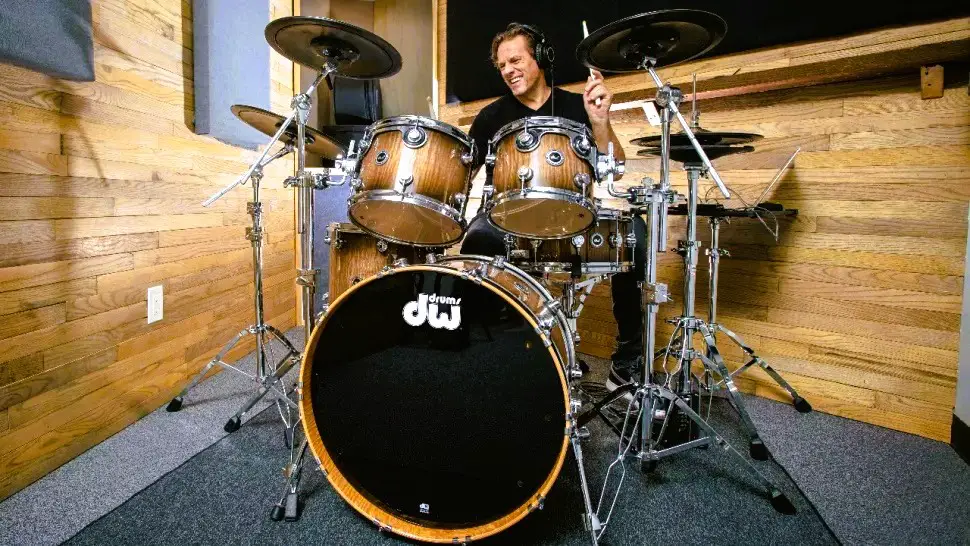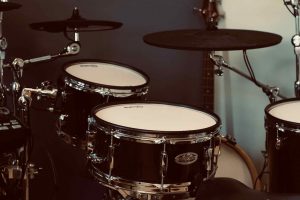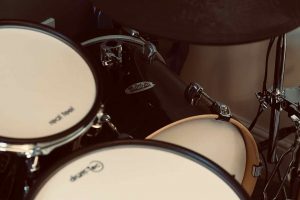One question that I often hear from adults is whether or not they’re too old to learn the drums. My answer is always the same: it’s never too late to start learning! In this article, we’ll explore some common concerns and misconceptions about learning the drums as an adult.
Is 25 Too Old to Learn the Drums?
The short answer is no, it’s never too late to start learning the drums. Many people start learning the drums later in life and become proficient musicians. However, it’s important to acknowledge that there may be some challenges to learning the drums as an adult. For example, adults may have less free time to practice or attend lessons, and they may also find it harder to develop the physical dexterity and muscle memory needed to play the drums.
Despite these challenges, there are many benefits to learning the drums as an adult. For one, playing the drums can be an excellent form of stress relief and can improve mental health. Additionally, learning the drums can be a fun and rewarding experience that provides a sense of accomplishment and satisfaction.
Can I Learn the Drums at 40?
Absolutely! While it’s true that younger students may have a slight advantage when it comes to learning the drums and becoming world-class sticksmen, adults can certainly make progress and become skilled drummers.
The key to learning the drums as an adult is to be patient and persistent. It’s important to set realistic goals and practice consistently, even if progress feels slow at first. With dedication and practice, adults can become proficient drummers and enjoy all the benefits that come with playing an instrument.
How Long Does It Take to Learn the Drums?
The amount of time it takes to learn the drums depends on a variety of factors, such as how often you practice, how quickly you pick up new skills, and how much previous musical experience you have. Generally speaking, it can take anywhere from several months to a few years to become a proficient drummer.
It’s important to remember that learning the drums is a continuous process. Even experienced drummers continue to learn and improve their skills throughout their musical careers. Rather than focusing on a specific timeline for learning, it’s more helpful to focus on consistent practice and enjoying the journey of learning a new skill.
If you want to go beyond being a proficient drummer and become a true world-class drummer, then be prepared to practice regularly for a total of 10,000 hours. This is based on a study featured in Malcolm Gladwell’s book “Outliers: The Story of Success”. Achieving this in 10 years would require 20 hours per week.
How Do I Know If I’ll Be Good at Drums?
It’s natural to wonder whether you have a natural talent or ability to become a skilled drummer. However, it’s important to remember that talent is only one part of the equation. Many successful musicians attribute their success more to hard work and dedication than to natural talent.
The best way to know if you’ll be good at drums is to simply give it a try. Take a few lessons or try playing on your own, and see how it feels. If you enjoy the experience and are willing to put in the time and effort to practice consistently, you can become a proficient drummer.
Getting Started with Learning the Drums
If you’re interested in learning the drums, there are many resources available to help you get started. Here are a few ideas:
- Find a drum tutor or music school: One of the best ways to learn the drums is by working one-on-one with a tutor or attending a music school. This can provide you with personalized feedback and instruction, which can be especially helpful for adult learners.
- Use online drum tuition videos: There are many online resources available for learning the drums, including instructional videos on YouTube and paid subscription services. These videos can provide structured lessons and practice exercises that you can follow at your own pace.
- Join a band or ensemble: Playing with other musicians can be a great way to develop your skills and get feedback on your playing. Look for local bands or ensembles in your area that are open to new members.
If you’re interested in learning the drums, don’t let your age hold you back! With practice, dedication, and a willingness to learn, anyone can become a great drummer. So what are you waiting for? Start drumming!
Featured image courtesy of DW – Check out the upcoming DWe wireless electronic drum kit!




